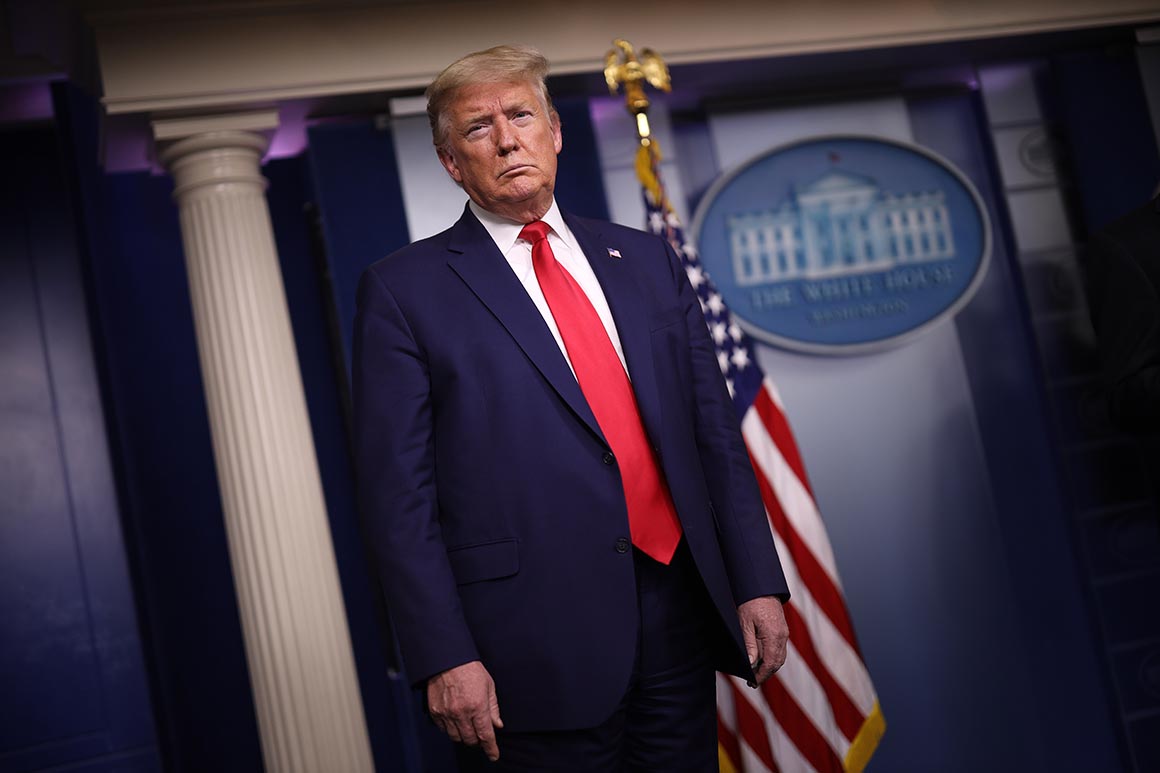
“It’s a bad decision optics-wise,” one administration official said in the immediate aftermath. “It politicizes people’s access to health services during a serious national health emergency.”
Over the prior weeks, health officials charged with overseeing Obamacare had debated offering special access to those caught without insurance as the coronavirus spread, officials told POLITICO.
Several states with control over their own health exchanges had already flung their doors open in the last month, in an acknowledgment of the deepening crisis that’s already killed thousands and threatens to persist well into the summer.
“We are in a unique situation,” Michele Eberle, the executive director in charge of Maryland’s Obamacare market, said Wednesday, as the state led by GOP Gov. Larry Hogan announced it would enroll people through June 15. “The decision to extend the enrollment deadline was made to ensure as many people as possible get the coverage they need.”
Health insurers that would be on the hook for covering the new population, including the Blue Cross Blue Shield Association, had also thrown their vocal support behind the idea.
„A Special Enrollment Period would offer much needed coverage to millions of Americans and mitigate the potential impact on providers and hospitals which will be forced to rely on emergency funding,“ the Association of Community Health Plans wrote in a March letter to Centers for Medicare and Medicaid Services Administrator Seema Verma.
The move made sense to many in both the industry and Trump’s own administration, because Americans who lose their health insurance as a result of losing their job are already eligible to sign up for Obamacare outside of the traditional month-long enrollment period. With the coronavirus pandemic straining hospitals and the administration’s projections growing increasingly dire, health officials began signaling to insurers that it was preparing to give the broader pool of uninsured Americans a fresh shot at getting coverage, three people with knowledge of the discussions said.
And by late March, administration officials sent word to insurers that the call would soon be official: They were reopening Obamacare, in an unprecedented move that recognized the depth of the public health emergency.
Major health insurance groups prepped press releases in anticipation of a formal announcement as soon as March 28, two people with knowledge of the arrangements said.
But that Saturday passed quietly, as inside the White House, senior aides to Trump balked at giving the proposal a final sign-off. Among the concerns: That the insurers calling loudly for reopening the markets would return weeks later seeking a bailout, as their new enrollees started to rack up medical expenses, a former senior administration official familiar with the decision said.
White House aides largely agreed it was far better to instead spend that money on hospitals, said two senior administration officials, even after officials at HHS and CMS had signaled plans to reopen the exchanges.
The aides also worried that Obamacare coverage would remain unaffordable for many Americans even if the administration did reopen the markets – introducing a host of new political risks, another former senior administration official added.
By Tuesday, HealthCare.gov’s grand reopening was off, with a White House official telling POLITICO that the administration was exploring alternative options.
Source: politico.com
See more here: news365.stream






